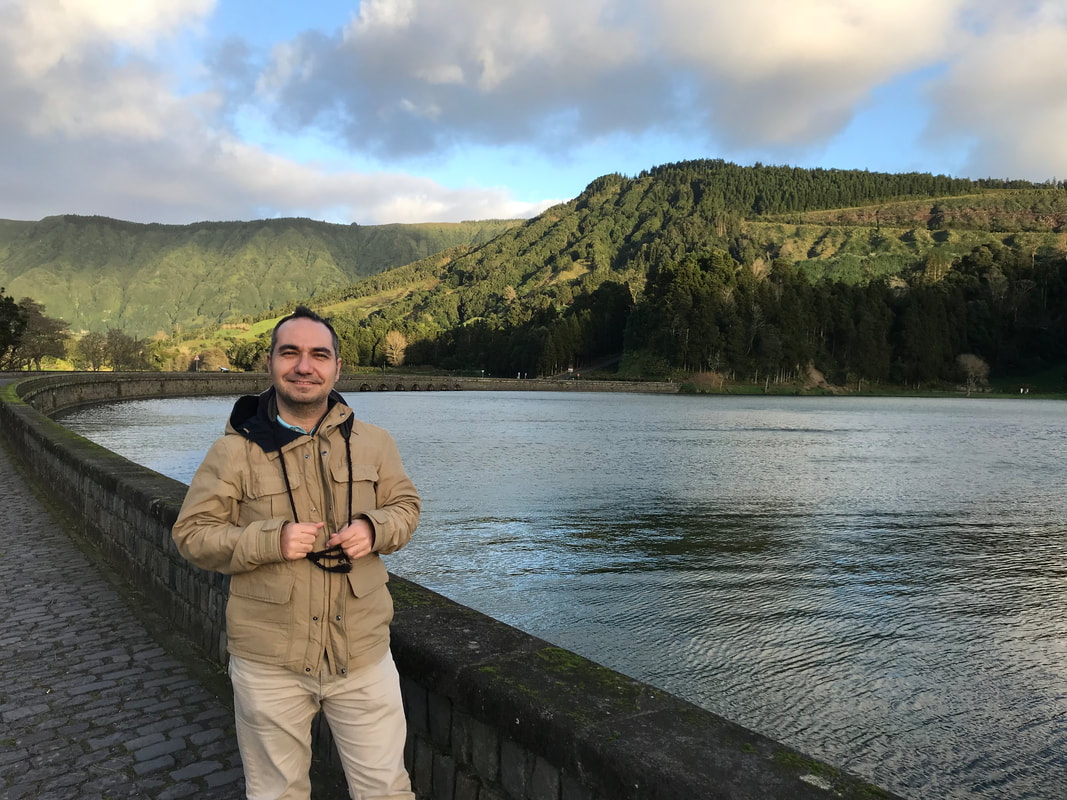It is intersection of the biosphere and hydrosphere, which we know is so critical to both systems. My own interest is largely in urban ecohydrology where ecosystems provide many benefits to the built environment such as shade and a relaxing landscape. After decades of misguided urban drainage design, we now realize that retaining water in the city is key to adding more ecosystem benefits such as flood prevention and evaporative cooling. But the anthropic impact on urban ecosystems is so great that they often behave more like engineered than natural systems, and as an environmental engineer I am fascinated by urban ecohydrology since it is the complex interface of human-made and natural systems.
What are your undergraduate and graduate degrees in?
My undergraduate degree is in Mechanical Engineering where I focused on fluid mechanics. Then I got a Masters in Environmental and Water Resource Engineering focusing on environmental fluid mechanics and I pursued the same specialty for my Ph.D. in Environmental Engineering.
How did you arrive at working in/thinking about ecohydrology?
I first starting working on fluid flow and heat transfer in cities, their complex rough surface makes this a very stimulating problem. But then I quickly found out that you cannot study heat in cities without understanding ecohydrology. Vegetation and water, or their absence, are the main determinants of urban climates as our research has shown.
What do you see as an important emerging area of ecohydrology?
Urban ecohydrology of course. It is complex and as I said often quite unnatural and engineered. Many urban trees are non-native to the regions where they are planted. Irrigation and human intervention can sustain very lush vegetation even in cities like Phoenix. These plants then alter the hydro-thermal environment, as well as atmospheric chemistry, thermal comfort, energy consumption, and human wellbeing. Understanding urban ecosystems and how they will influence the 70% of the human species who will live in cities by 2050 is a very important challenge.
Do you have a favorite ecohydrology paper? Describe/explain.
It is difficult to select a favorite paper but I can tell you which paper had a big impact on my thinking on urban ecohydrology. The paper is titled “The International Urban Energy Balance Models Comparison Project: First Results from Phase 1”, by Grimmond et al., to which there is a phase 2 follow-up paper also. That paper unequivocally showed that evapotranspiration is extremely important to predicting urban environmental conditions, and then also exposed what a poor job we do in modeling that process. It made it clear to me that this was a wide gap that needs to be bridged.
What do you do for fun (apart from ecohydrology)?
I love traveling and discovering new places, countries, cultures and cuisines. My favorite hiking trails are the streets of cities I am newly discovering. I enjoy movies, theatre, music, and some physical activity when I have time to spare.

 RSS Feed
RSS Feed